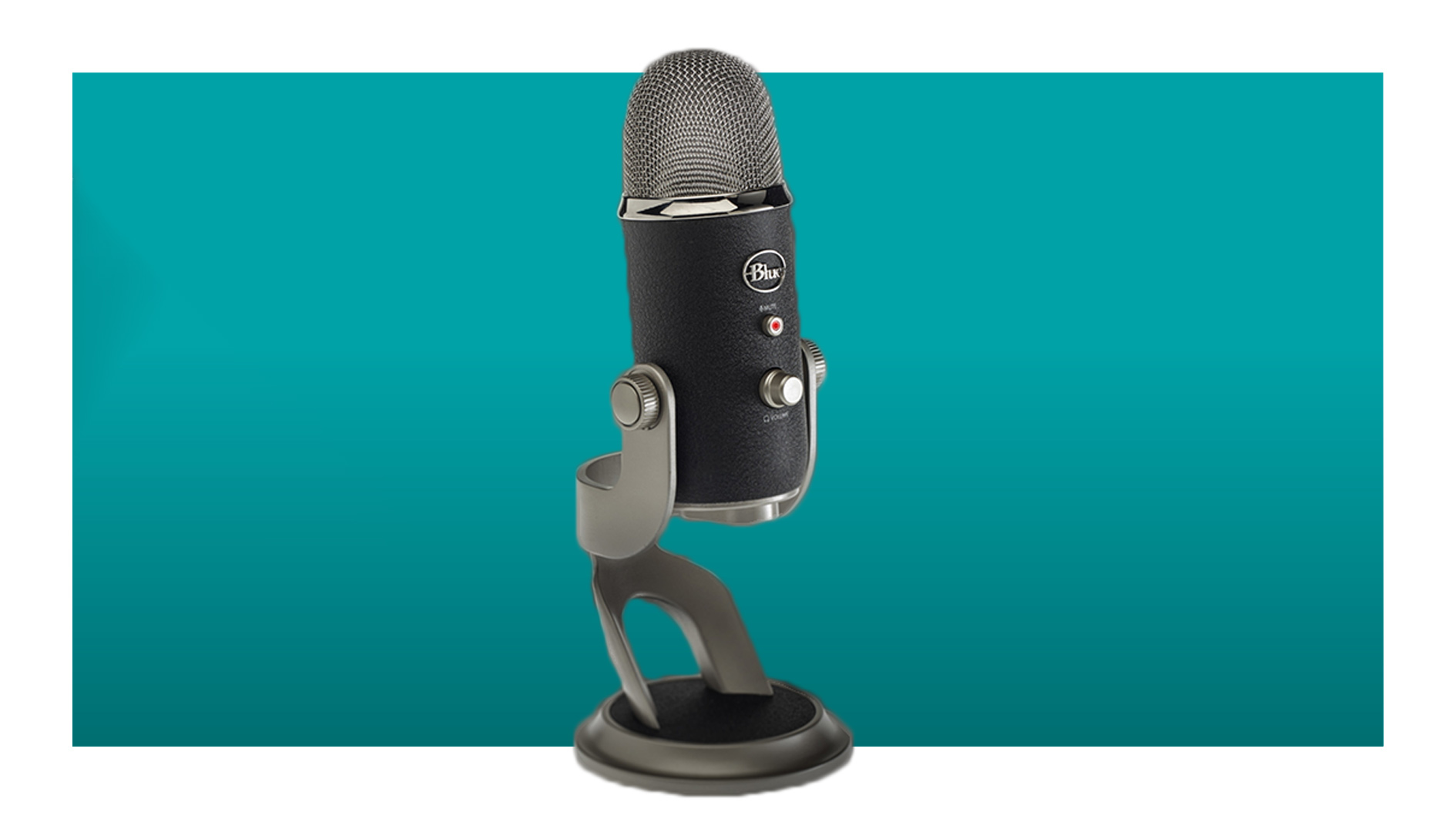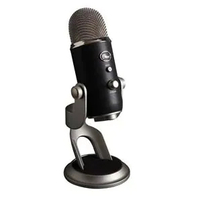Blue Yeti's Pro XLR microphone is $100 off right now
The Blue Yeti Pro is at an extremely cheap price for an XLR microphone.

Your microphone probably isn't first on your list of things to upgrade, especially when paying for more expensive ones introduces you to the new problem of deciding between a USB or XLR option. Higher-end mics typically use XLR connectors, but they add another layer to the upgrade decision: what audio interface do you go with, and do you need to juice it up with an amp?
The Blue Yeti Pro sidesteps the issue with the ability to be both an XLR microphone or a USB one, and right now, it costs about the same as much lesser options out there. For $150, the Blue Yeti Pro is an easy choice if you need to record audio at a much better quality than you do now. Gaming headsets have their limits, and it can be nice to decouple your headphone quality from the microphone, especially if you plan on streaming.
Blue Yeti Pro | USB or XLR | Cardioid, bidirectional, omnidirectional, stereo | 24-bit 192kHz | 20-20,000Hz| $249.99 $149.99 at Lenovo (save $100)
The Blue Yeti Pro is a fantastic microphone in general, but at this price it's one of the best. This XLR or USB microphone gives you a ton of options to play with if you're using it for voice chat or streaming and it maintains the audio quality that we like in Blue's other offerings. With options like a mic stand mount, a zero-latency headphone jack, and the ability to swap between four polar patterns, this is the mic to get.
The Blue Yeti Pro resembles one of our favorite USB microphones, the Blue Yeti X, which is actually more expensive than the Yeti Pro's sale price right now. Like the Yeti X, the Yeti Pro has a 3.5mm jack for zero latency headphone monitoring, a switch to flip between four polar patterns (cardioid, bidirectional, omnidirectional, and stereo), a mute button, and a gain knob, and the ability to be mounted on a stand. The Yeti Pro has a 24-bit 192kHz sample rate and a 20 Hz to 20,000Hz frequency response. All of these things will make it sound good without any fuss on voice chat or on a stream, but they also mean that it will also work well for edited things like podcasts.
If you plan to go the XLR route with this microphone, I'd recommend picking something like the Scarlett 2i2 audio interface up to pair with it. XLR recording will give you a little more control and quality over the microphone. That said, XLR isn't necessary if you use it casually.
The biggest gaming news, reviews and hardware deals
Keep up to date with the most important stories and the best deals, as picked by the PC Gamer team.
Tyler has covered videogames and PC hardware for 15 years. He regularly spends time playing and reporting on games like Diablo 4, Elden Ring, Overwatch 2, and Final Fantasy 14. While his specialty is in action RPGs and MMOs, he's driven to cover all sorts of games whether they're broken, beautiful, or bizarre.


